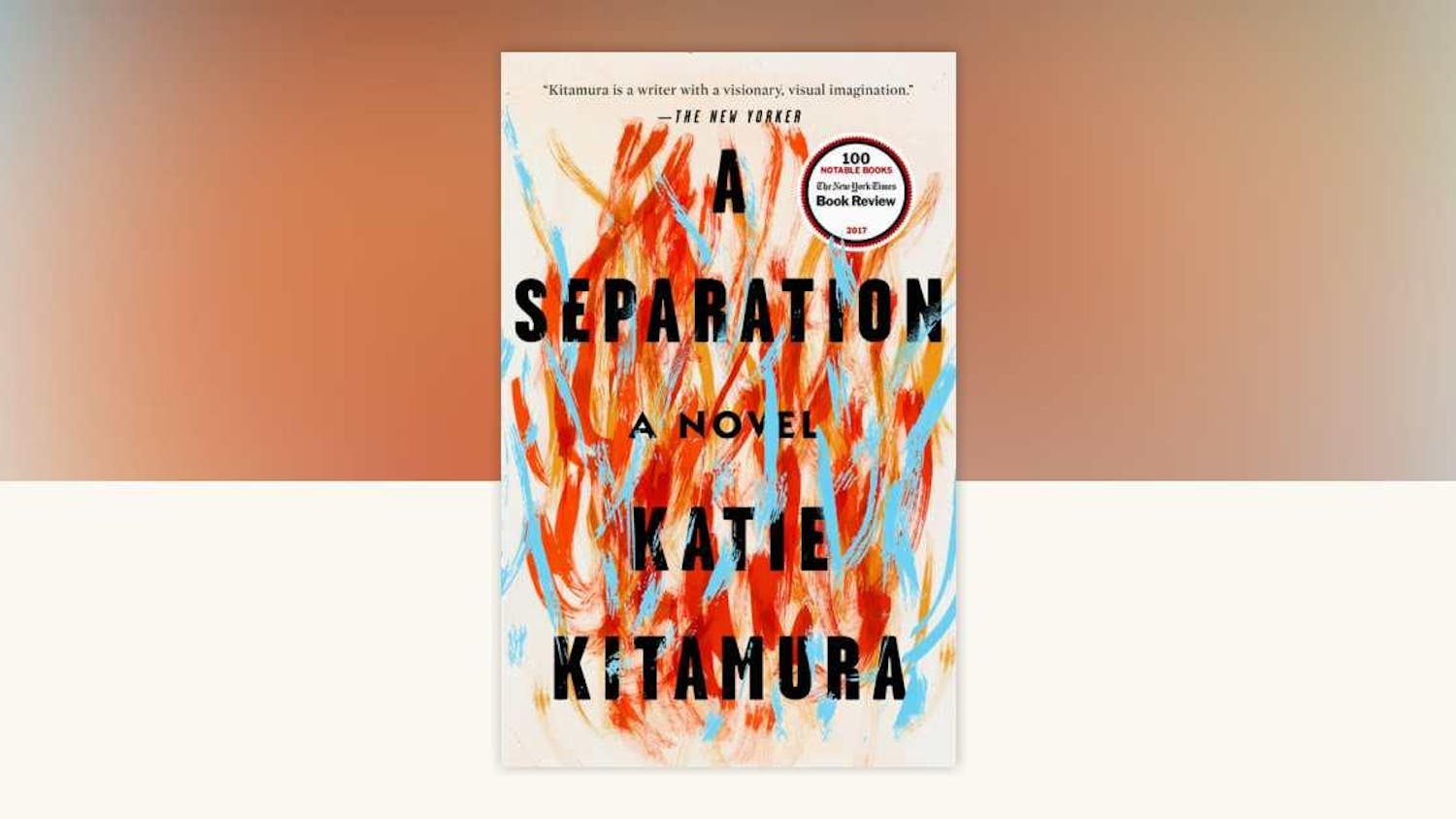I know what you’re thinking: Glass Houses (1980)? Not The Stranger(1977), or 52nd Street (1978), or even Piano Man (1973)? I get it — those are his most popular records and contain some of his most iconic songs. But I’d like to make a case for Glass Houses. In a scathing 1980 review of the album, Rolling Stone’s Paul Nelson wrote: “Joel sings in a voice that’s pushy and bossy and whiny at the same time, like a rush-hour bus driver bawling out his hapless, weary passengers.” He went on to say that “his material’s catchy…but then, so’s the flu.” I’ll admit, Glass Houses is an interesting take on the development of rock and roll music. But rather than butcher it like Nelson suggested, I’d say Billy Joel did what Billy Joel does best and demonstrated his incredible range. He adopted, he adapted and he rejected, which culminated in an album that showcases his ability to do just about anything.
Starting out with an apropos shattering of glass, “You May Be Right” is an upbeat declaration of Joel’s craziness, which he plays off as an attractive quality to pick up a woman. Featuring Joel’s instantly recognizable gritty voice, this song is a definitive step away from his typical piano accompaniment and instead relies heavily on guitarists David Brown and Russell Javors. “Sometimes a Fantasy” focuses on a long-distance relationship largely carried out over the phone and begins with a dial-in intro. It’s heavy on the staccato, easy to sing along to and epitomizes the New Wave sound Joel is trying out.
“Don’t Ask Me Why” is softer than “You May Be Right” and “Sometimes a Fantasy.” It’s classic Billy Joel — it feels like he’s telling us a story and has a fun piano break. Just because he’s got something to prove with this album doesn’t mean he can’t incorporate his signature sound into it.
Glass Houses picks back up with “It’s Still Rock and Roll to Me” — an essential Billy Joel track and the true thrust of the album. I absolutely love this song; the question-answer format is engaging and just the right amount of brazen, and it includes a trumpet solo that captures the necessary jazzy element of a Joel song. While Nelson argued that “this grandstand play for independence is just another way to put down what he can’t be part of and to give himself a pat on the back while he’s doing it,” I would counter that “It’s Still Rock and Roll to Me” proves that Billy Joel doesn’t actually need to be part of this movement — he is a genre of music in and of himself and doesn’t need to acquiesce to the whims of the ever-evolving tastes of the music industry because his sound is timeless.
“All for Leyna,” about not being able to get over “Leyna” following a one-night stand, is the only song on this record that struck me as quintessentially ’80s. It has a powerful, thumping bridge, and Joel returns to the more throaty sound of his voice found in “You May Be Right.” “I Don’t Want to Be Alone” is another one of my favorites from this record. The lower tone of his voice in combination with the saxophone solo make for an intriguing entwinement of jazz and rock that only he could pull off. He transitions to a pop-rock sound with “Sleeping With the Television On,” which starts with a vague national anthem followed by the sound of a television shutting off. Here, he talks about the need to take chances when it comes to love, singing: “All night long, all night long / You’re only standing there ‘cause somebody once did somebody wrong / (All night long, all night long) But you’ll be sleeping with the television on.”
Joel has publicly asserted how much he himself hates “C’Etait Toi (You Were the One),” saying “this song really sucks.” The French really does sound forced, and while I can appreciate the sentiment behind it, it’s definitely a low point in the album. The rant-like “Close to the Borderline” is the closest thing to hard rock we hear on this album, complete with some excellent guitar from David Brown. Although the content differs greatly from that of the rest of Glass Houses, I would argue that the diversity helps strengthen the album. To cap it off, Joel gives us “Through the Long Night,” which constantly draws comparisons to The Beatles. The song sounds like a lullaby, especially after “Close to the Borderline.” I thought it was a curious choice to end the album so softly when so much of it was commentary on the direction rock was heading at the time with the explosion of New Wave. That being said, it again speaks to Joel’s capability of mastering any and all genres.
There’s a reason Billy Joel has persisted so vigorously in the zeitgeist since his entrance into the music scene. His sound is genre-bending and not quite obtainable by anyone but him. If his ability to do it all makes Glass Houses “the spoiled-brat special” like Nelson said, then so be it.
Test Spins is a weekly throwback column reviewing and recommending classic and underrated albums from the past. It runs every Friday.
Sydney Levinton is a sophomore in the College of Arts and Sciences. She can be reached at slevinton@cornellsun.com.
Sydney Levinton is a member of the Class of 2027 in the College of Arts and Sciences. She is the Arts and Culture Editor on the 143rd Editorial Board. She can be reached at slevinton@cornellsun.com.











